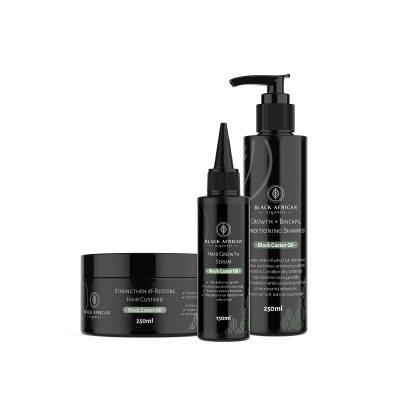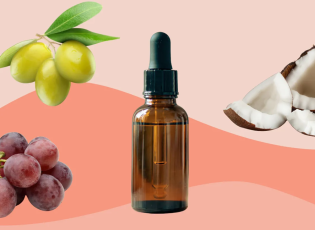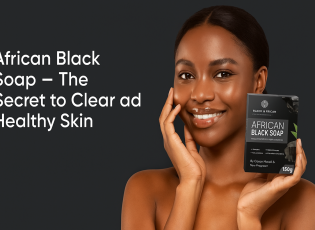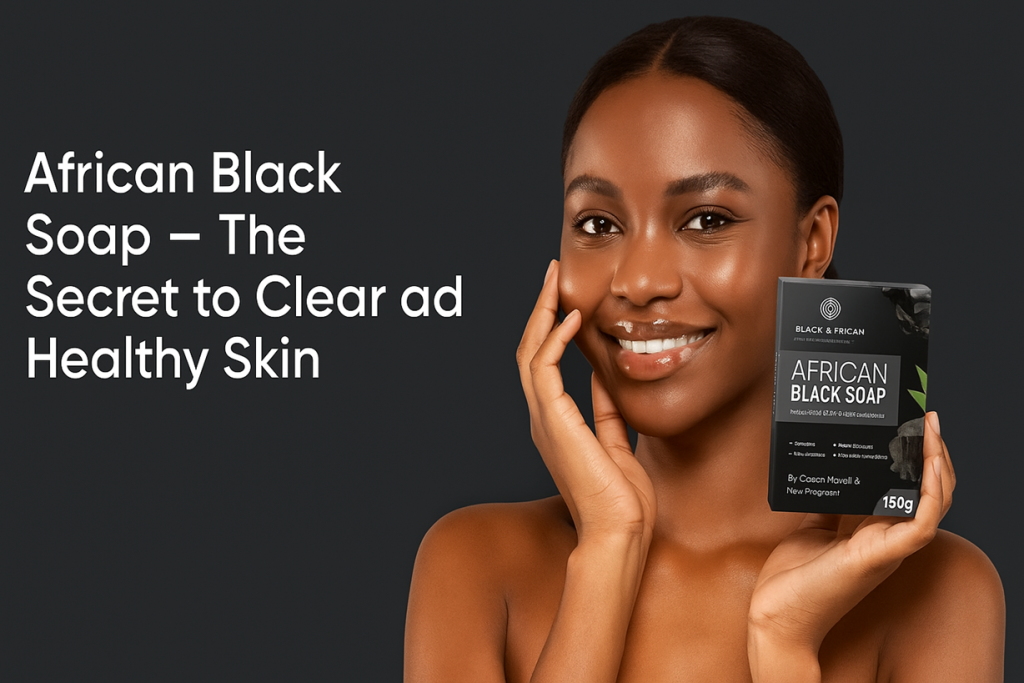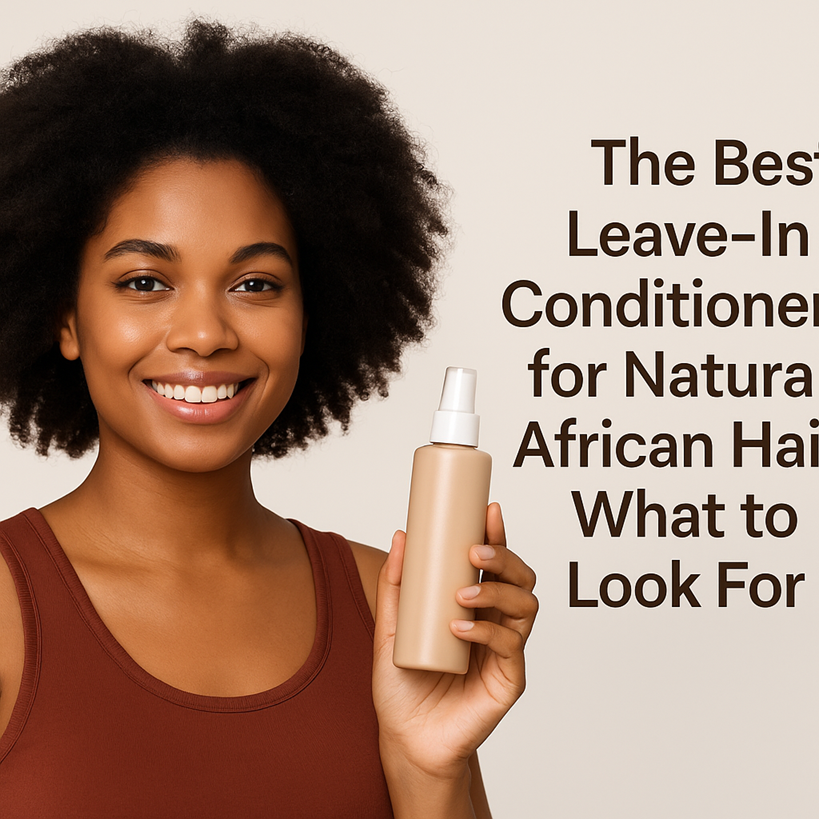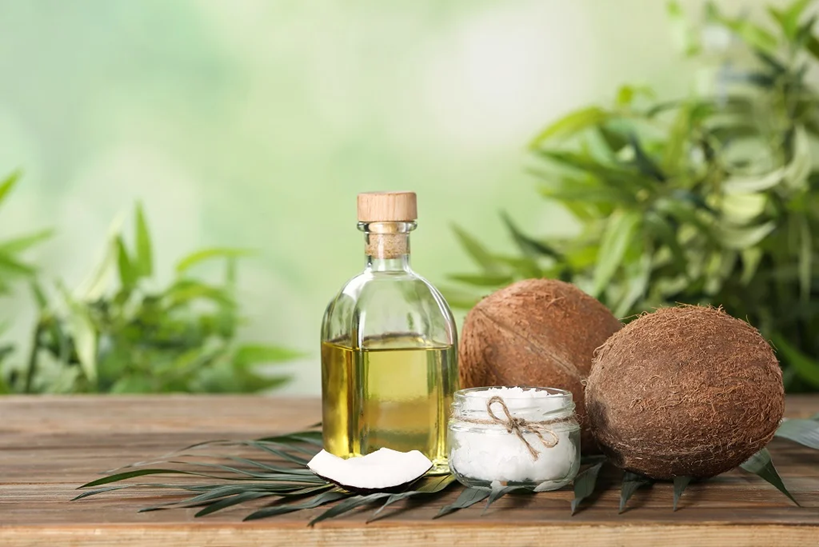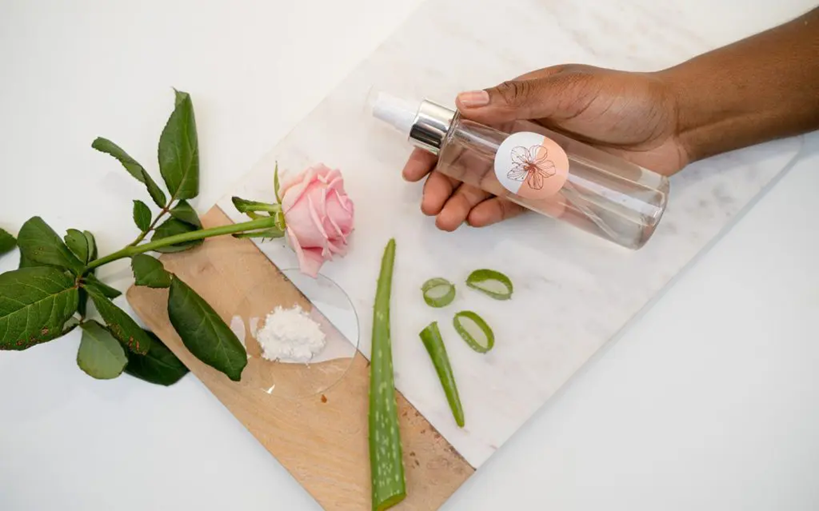Blog
Top Natural Oils Every African Woman Should Use for Scalp Care

A healthy scalp is the foundation of beautiful, thriving hair—especially for African women, whose hair often needs extra moisture and protection from dryness, heat, and styling stress. Natural oils offer a powerful, chemical-free way to nourish the scalp, strengthen roots, and promote consistent growth.
From age-old favorites like coconut and castor oil to uniquely African treasures such as marula and baobab oil, these natural ingredients provide deep hydration and healing benefits.
Whether your scalp is dry, flaky, or sensitive, using the right oils can help restore balance, soothe irritation, and keep your hair full of life. This guide explores the top natural oils every African woman in South Africa should include in her scalp care routine.
Understanding Your Scalp Type
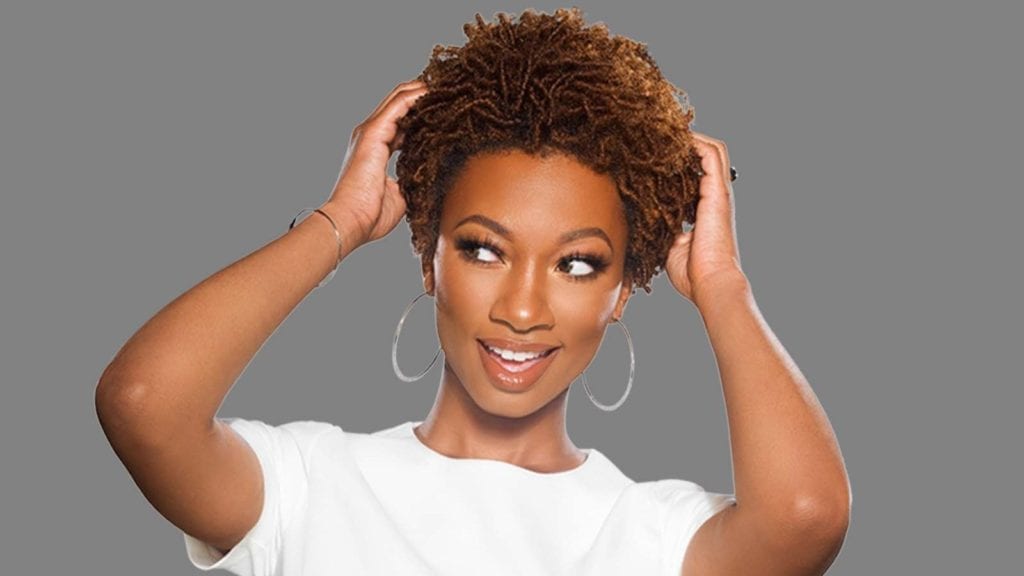
Understanding your scalp type is the first step toward choosing the right natural oils. Every scalp is different—some produce excess oil, while others are prone to dryness or sensitivity. A dry scalp often feels tight and may flake, while an oily scalp can lead to buildup and dull hair.
Combination scalps experience both issues in different areas. Knowing your scalp type helps you select oils that balance moisture, soothe irritation, and promote healthy growth. For example, jojoba oil suits oily scalps, while coconut or castor oil works well for dry ones.
How Can You Identify Your Scalp Type?
To identify your scalp type, start by washing your hair with a gentle shampoo and skip the conditioner or oils. Let your hair dry naturally and check your scalp after about 24 hours. If it feels tight, flaky, or itchy, you likely have a dry scalp.
A shiny or greasy appearance indicates an oily scalp, while dryness at the edges and oiliness near the crown suggests a combination scalp. A normal scalp feels balanced—neither dry nor oily. Keep in mind that weather, diet, and hair products can also influence your scalp type over time.
Best Natural Oils for Scalp Care

When it comes to achieving healthy hair growth, especially for African women, caring for the scalp is just as important as caring for the hair itself. The scalp is the foundation of every strand, housing the hair follicles that determine how strong and vibrant your hair will be.
Using natural oils is one of the most effective and time-tested ways to nourish your hair and scalp, prevent dryness, and encourage healthy regrowth. Below are some of the best hair oils every woman should include in her hair care routine for stronger, softer, and more resilient strands.
1. Coconut Oil – The Deep Moisturizer
Among all natural oils, coconut oil stands out for its unmatched ability to penetrate the hair shaft. It contains essential fatty acids like lauric acid, which deeply nourish the scalp and protect each strand from protein loss. For African hair, which is often prone to dryness and breakage, this oil provides lasting hydration and helps reduce hair loss caused by brittle strands.
To use, warm a small amount of coconut oil between your palms and gently massage it into your scalp for five minutes. Leave it overnight or for at least one hour before washing. This helps improve circulation to your hair follicles, promoting healthy hair growth from the roots. It’s also ideal for applying to damp hair after washing to seal in moisture.
2. Olive Oil – The Classic Scalp Soother
Olive oil has long been valued for its rich supply of antioxidants and vitamins A and E. These nutrients strengthen the scalp, soothe irritation, and restore moisture balance. The oil coats the hair shaft, locking in hydration and giving your natural hair a healthy sheen.
When massaged into the scalp, olive oil helps reduce dandruff and flakiness, both of which can hinder hair growth. Warm two tablespoons slightly and massage it into your scalp in circular motions. Wrap your hair in a towel for 30 minutes before rinsing. This process nourishes both the hair and scalp, improving elasticity and overall shine.
3. Jojoba Oil – The Balancing Moisturizer
If you struggle with an oily scalp, jojoba oil is your best friend. Unlike many hair oils, jojoba oil closely resembles the natural sebum produced by the scalp. This means it balances oil production without clogging pores or weighing down the hair.
Rich in essential fatty acids, zinc, and vitamin B-complex, jojoba oil nourishes the hair follicles, helping to reduce dryness, itchiness, and flakiness. It’s lightweight, non-greasy, and perfect for everyday use. Apply a few drops directly to your scalp after washing your damp hair and massage gently. With regular use, you’ll notice less breakage and improved healthy hair growth.
4. Argan Oil – The Liquid Gold of Hair Care
Often called “liquid gold,” argan oil is one of the most luxurious natural oils for scalp and hair care. Extracted from the kernels of Morocco’s argan tree, it’s packed with vitamin E, antioxidants, and omega-6 essential fatty acids. These nutrients help repair damaged hair follicles and strengthen the hair shaft, reducing breakage and promoting natural hair shine.
For those dealing with dryness or styling damage, argan oil restores softness and manageability. Apply a few drops of pure argan oil to the scalp and gently work it down to the ends of your hair. It’s also perfect as a leave-in conditioner or as part of your daily hair care routine to keep your strands moisturized and frizz-free.
5. Castor Oil – The Growth Booster
When discussing hair growth, few natural oils are as powerful as castor oil. This thick oil is rich in ricinoleic acid, which increases blood circulation to the scalp, strengthening the roots and stimulating new growth. It also provides an excellent barrier against moisture loss, especially in dry climates like many parts of South Africa.
To use, mix one tablespoon of castor oil with an equal amount of coconut oil or olive oil for easier application. Massage this blend into your scalp and cover your hair with a warm towel or cap for at least an hour before washing. Regular use helps prevent hair loss, reduces thinning edges, and supports overall healthy hair growth.
6. Tea Tree Oil – The Scalp Cleanser
For women dealing with dandruff or itchy scalp conditions, tea tree oil is a game-changer. This essential oil has powerful antifungal and antibacterial properties that cleanse the scalp and clear blocked hair follicles, promoting stronger growth.
Since tea tree oil is highly concentrated, it should always be diluted before use. Mix a few drops with a carrier oil like jojoba oil or coconut oil and massage into the scalp. Leave it on for 15–20 minutes before rinsing. This combination not only purifies the scalp but also encourages a clean environment for natural hair to flourish.
7. Marula Oil – The Lightweight South African Gem
Native to southern Africa, marula oil is one of the best-kept secrets for natural hair care. It’s rich in antioxidants and omega fatty acids, which help lock in moisture and protect the hair shaft from environmental stress. Its lightweight texture makes it perfect for daily scalp massages or as a finishing oil to add shine.
Use a few drops of marula oil after styling to smooth flyaways and seal in hydration. Over time, it strengthens hair follicles and supports long-lasting moisture retention, making it ideal for textured or braided styles.
8. Baobab Oil – The African Super Oil
Another African powerhouse, baobab oil is packed with vitamins A, D, E, and F. It deeply nourishes the scalp and repairs damage caused by heat or chemical treatments. Its rich concentration of essential fatty acids strengthens the hair shaft and improves elasticity, reducing breakage.
Massage a few drops of baobab oil into your scalp two to three times a week. You can also mix it with argan oil or coconut oil for a nutrient-rich blend. Consistent use leads to softer, shinier, and more manageable hair while supporting healthy hair growth.
The best natural oils for scalp care not only nourish and moisturize but also protect and repair. Whether you choose coconut oil, olive oil, jojoba oil, or argan oil, consistency is key. Each of these hair oils contributes to stronger roots, a balanced scalp, and visible healthy hair growth. By understanding your scalp’s needs and maintaining a simple yet effective hair care routine, you can enjoy soft, resilient, and radiant hair that truly reflects the natural beauty of African women.
How to Apply Oils for Maximum Scalp Benefits
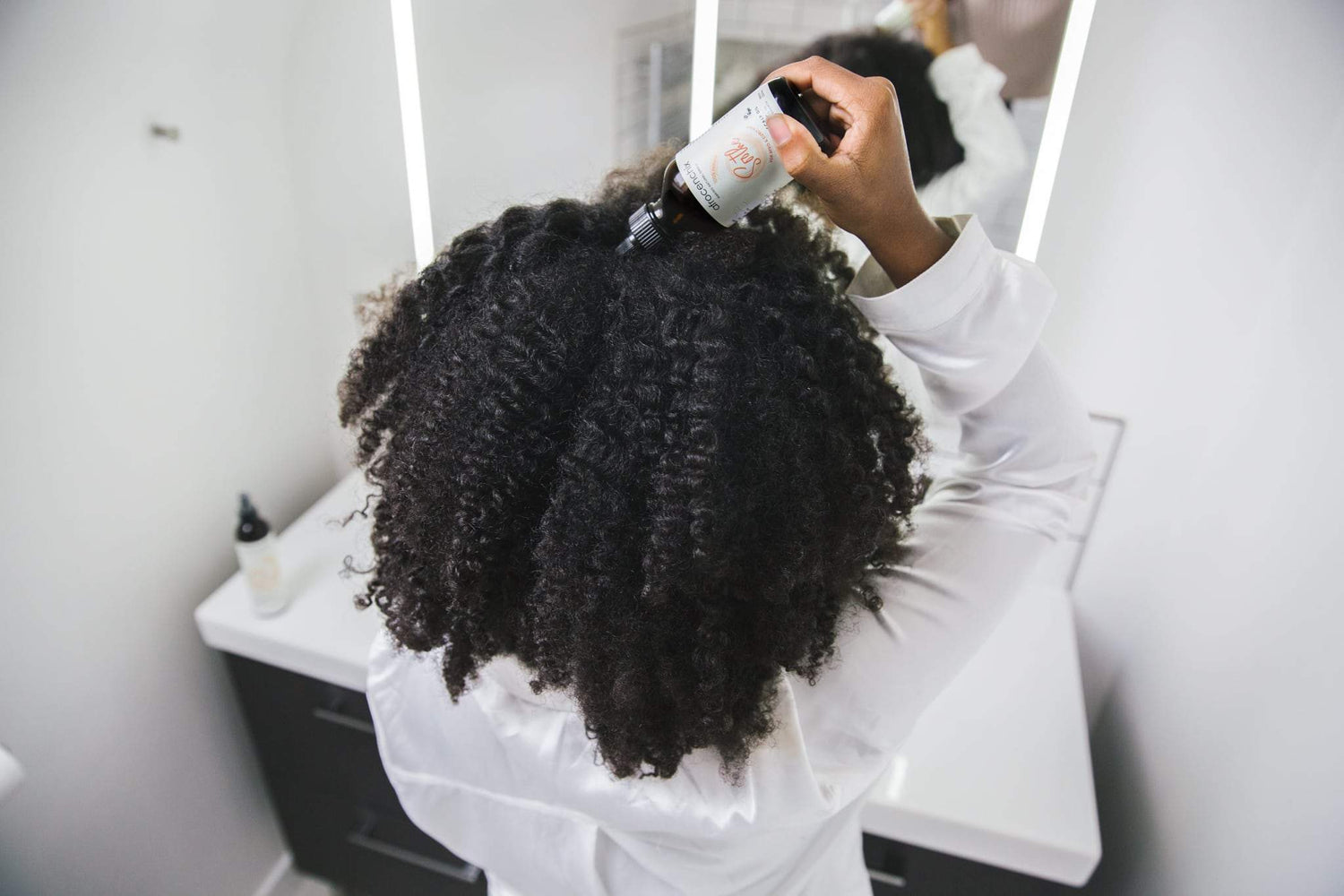
Applying natural oils the right way can make a world of difference in your hair’s health, strength, and shine. Many women use oils but don’t always see the full benefits because of incorrect application or timing.
The key to achieving healthy, nourished hair is understanding how to prepare, apply, and maintain the oils for long-lasting scalp and hair improvement.
1. Start with a Clean Scalp
Always begin with clean hair and scalp. Oils work best when they can penetrate the hair follicles and hair shaft without dirt or product buildup blocking absorption. Wash your hair with a gentle, sulfate-free shampoo and allow it to dry until it’s slightly damp—not dripping wet. Applying oil to damp hair helps lock in moisture and enhances absorption into the scalp.
2. Choose the Right Oil for Your Scalp Type
Not all oils suit every scalp. For dry scalps, coconut oil or olive oil provides deep hydration. Oily scalps benefit more from lighter options like jojoba oil, which balances sebum production. For itchy or flaky scalps, tea tree oil diluted in a carrier oil helps cleanse and soothe irritation. Choose one or mix two natural oils that complement your scalp needs for the best results.
3. Warm the Oil Before Application
Warm oil treatments are particularly beneficial for promoting healthy hair growth. Gently heating the oil (not too hot) increases its ability to penetrate the scalp and hair shaft. Warm a few tablespoons of your chosen hair oils in a bowl by placing it in hot water for a few minutes. This step boosts circulation and enhances relaxation during the massage.
4. Massage the Scalp Properly
Section your hair into parts to ensure even coverage. Using your fingertips, massage the oil into your scalp in circular motions for about 5–10 minutes. This stimulates blood flow to the hair follicles, encouraging nutrient delivery and stronger growth. Focus on the crown, edges, and nape, where breakage often occurs.
5. Let the Oil Sit and Penetrate
Once massaged in, cover your hair with a shower cap or warm towel to trap heat and help the oils absorb deeply. Leave it on for at least 30 minutes—or overnight for intense nourishment. The longer the oil stays, the more it conditions your hair and scalp.
6. Rinse and Repeat Regularly
Use a mild shampoo to wash off excess oil and avoid buildup. Incorporate this treatment into your hair care routine once or twice a week for the best scalp health and healthy hair growth. Consistency ensures your scalp stays balanced, hydrated, and ready to support strong, beautiful hair.
What are the best DIY scalp oil blends for African hair?

Creating your own DIY scalp oil blends is a natural and affordable way to nourish your hair and scalp while targeting specific needs like dryness, dandruff, or slow hair growth. African hair benefits greatly from nutrient-rich natural oils that restore moisture, soothe irritation, and strengthen the hair follicles.
For a hydrating blend, mix two tablespoons of coconut oil, one tablespoon of olive oil, and a few drops of jojoba oil. This combination penetrates the hair shaft, locks in moisture, and promotes healthy hair growth.
To fight dandruff or itchy scalp, combine two tablespoons of castor oil with five drops of tea tree oil for its antibacterial power. For a lightweight daily scalp treatment, blend argan oil and marula oil in equal parts—both are rich in essential fatty acids and vitamins that protect the scalp without leaving residue.
Warm your blend slightly before applying, massage it gently into your scalp, and cover your hair for 30 minutes before rinsing. Use these blends weekly as part of your natural hair care routine to keep your scalp balanced, nourished, and ready for stronger, healthier growth.
Common Mistakes to Avoid
- Applying oils on dirty hair: This traps dirt and prevents oils from reaching the hair follicles effectively.
- Using too much oil: Over-application can clog pores, weigh down hair, and make the scalp greasy.
- Skipping scalp massages: Gentle massages boost circulation and encourage healthy hair growth.
- Ignoring scalp type: Using heavy oils like coconut oil or olive oil on oily scalps can worsen buildup; choose lighter options like jojoba oil or argan oil when needed.
- Leaving oils in too long: Not rinsing after several days leads to residue, itchiness, and irritation.
- Inconsistent application: Irregular use prevents natural oils from delivering full nourishment and moisture benefits.
- Not warming oils before use: Slightly heated oils penetrate the hair shaft better and enhance absorption for improved results.
How often should I oil my scalp?

How often you should oil your scalp depends on your hair type, scalp condition, and overall hair care routine. For most African women, oiling the scalp once or twice a week is ideal to maintain balance and hydration. Over-oiling can clog pores and weigh down the hair shaft, while under-oiling can lead to dryness and itching.
If your scalp is naturally dry, apply natural oils like coconut oil, olive oil, or jojoba oil twice weekly for consistent nourishment. For oily scalps, a light massage once a week is enough. Always apply oil to a clean scalp or damp hair to lock in moisture. Regular, moderate oiling strengthens the hair follicles, reduces breakage, and promotes healthy hair growth over time.
Can I mix different natural oils together?

Yes, mixing different natural oils is one of the best ways to create a personalized blend that meets your scalp and hair needs. Each oil offers unique benefits — for example, coconut oil deeply moisturizes, castor oil boosts hair growth, and jojoba oil balances sebum production. When combined, these hair oils deliver a powerful mix of hydration, protection, and nourishment for your hair and scalp.
You can also add a few drops of tea tree oil or peppermint oil for antibacterial and soothing effects. Always mix heavier oils like olive oil or castor oil with lighter ones such as argan oil or marula oil to avoid buildup. Warm the blend slightly before use and massage it gently into your scalp to promote healthy hair growth and shine.
Choose Black African Organics for Stronger Roots and Healthier Growth
At Black African Organics, we believe that healthy hair begins with a healthy scalp. Our pure, cold-pressed oils — including castor, marula, baobab, and coconut oil — are carefully formulated to nourish the scalp, strengthen follicles, and encourage lasting hair growth.
Each oil is sustainably sourced and proudly made in South Africa to suit African hair textures and local climates. Free from parabens, sulfates, and synthetic additives, our blends penetrate deeply to hydrate dry scalps, balance oil production, and soothe irritation — naturally.
Whether you’re repairing breakage, restoring edges, or maintaining protective styles, Black African Organics offers the perfect companion for every stage of your hair care journey.
Proudly African. Purely Natural. Perfectly You.
FAQs
Which natural oils are best for African scalp care?
The best natural oils for black hair include grapeseed oil, jojoba plant oil, and coconut oil. These oils contain natural antioxidants that nourish the scalp, protecting hair and reducing hair breakage. When warmed to body temperature, they can be used for a hot oil treatment that penetrates deep into the scalp to promote hair growth and soothe dryness.
How can natural oils help with thinning hair and brittle hair?
Using oils regularly strengthens hair strands, prevents brittle hair, and supports overall hair health. Lightweight options like grapeseed oil are ideal for fine hair and low porosity hair, while heavier oils benefit thick hair or high porosity hair that needs more hydration.
Can natural oils help different hair types?
Yes, whether you have textured hair or straight hair, natural oils improve how your hair responds to styling. They add shine, manage heat styling stress, and prevent a greasy residue.
How should I use oils in my hair care routine?
Use oils as a pre-shampoo treatment, mix with a deep conditioner, or apply as leave-in treatments. Regular use of hair treatments helps stimulate hair growth, restore balance, and keep your scalp healthy long-term.
Conclusion
Caring for your scalp with natural oils is one of the most effective ways to achieve strong, healthy, and radiant hair.
Whether you choose coconut oil, castor oil, argan oil, or jojoba oil, each plays a vital role in restoring balance, locking in moisture, and supporting healthy hair growth. These oils nourish the hair follicles, strengthen the hair shaft, and prevent dryness or irritation common in African hair.
Consistency is key — regular scalp massages and proper application will help your hair and scalp stay hydrated and resilient. Embracing these natural oils not only enhances your beauty but also celebrates Africa’s rich botanical heritage, offering every woman a simple path to healthier, more vibrant natural hair.

